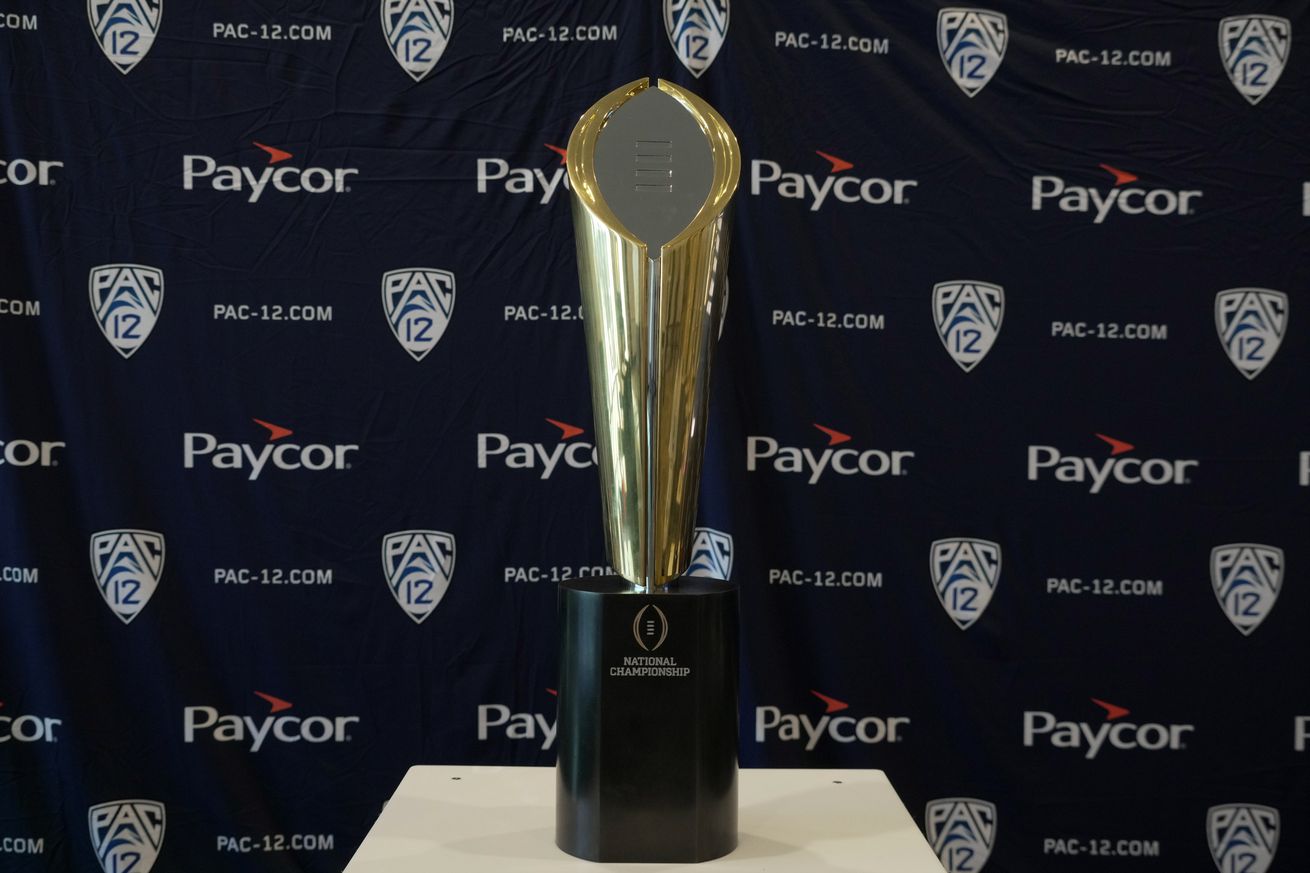Kirby Lee-USA TODAY Sports
The NCAA’s plan to let the richest schools govern themselves would create a football “super league”
On Tuesday, NCAA President Charlie Baker proposed a radical change to college sports, a new direction that would fundamentally alter the structure of amateur athletics permanently.
Baker’s progressive proposal would finally allow colleges to pay student-athletes directly, rather than through shady back channels and second-hand Name-Image-Likeness deals. It also, encouragingly, would mandate Title IX cooperation, with schools required to “invest $30,000 per year into an enhanced educational trust fund for at least half of the institution’s eligible student-athletes.” It’s a long overdue change, though it’s hard to give the NCAA much credit when their hand is being forced by multiple lawsuits including a nearly $3 billion hit if they lose in House vs. NCAA.
Arguably more significant than the direct payment plan is Baker’s proposition for the creation of a new FBS division for schools “with the highest resources to invest in their student-athletes.” This new subdivision would be allowed to create its own rules for scholarships, roster size, transfers and more, separate from the rest of Division I.
It’s time for the @NCAA to provide a forward-looking framework that preserves the best aspects of the student-athlete experience, builds on positive investments in women’s sports, and improves the overall athletic and academic experience for students at well-resourced schools.
— Charlie Baker (@CharlieBakerMA) December 5, 2023
It’s a long-overdue, and yet somehow half-baked plan. It’s been apparently for a long time that college football should be separated from the rest of college sports, but the NCAA wiping its hands clean and handing governance over to the schools is not the solution. College football stakeholders want all the benefits of a professional sports league without any of the pesky equity-enforcing rules like salary caps or player contracts. If left to their own regulating, why would Alabama ever want to cap how much they could spend on their football team to a level playing field with, say, Mississippi State?
This future changes very little for the G5 teams and conferences who effectively already play in a lower-class league. But just like what happened to Washington State and Oregon State in the Pac-12, the elite days are numbered for the collection of middle-tier teams who have been riding the prestige of their legacy conference alignment (sorry Vanderbilt, Rutgers, Mizzouri, Indiana, Maryland, etc). The future of the FBS imagined by Charlie Baker and the NCAA finally, mercifully kills the myth of equity in college football.













